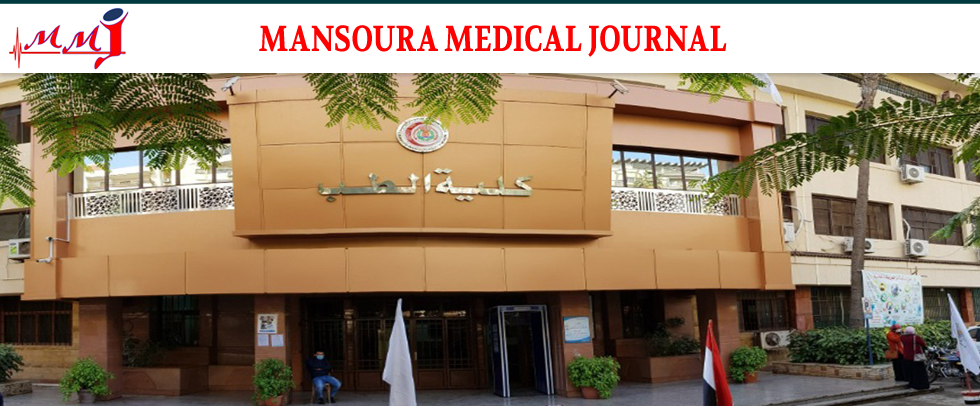Article Type
Original Study
Abstract
The foetal trophoblast behaves as a homograft in the maternal host, yet it survives. This referes to modulation of maternal immune system to antigeni-cally foreign foetus and placenta. Various investigations demonstrated slight depression of maternal immune system during pregnancy, but the mother does not develop specific immunologi-cal tolerance to the foetus. The depression was expressed by increased number of suppressor cells (Moore et al.,1983), reduced activity of natural killer (Gall, 1983). Rocklin et al. (1976) demonstrate the prescence of immunologic blocking factor in the sera of normal pregnant multigravida women. This factor is absent from the sera of untrans- fused multipara (Stewart et al., 1984). It appears in the maternal sera of both primi and multigravidas, as early as the 4tJi - 5th week of gestation, its activity increased with longer gestation to reach maximum, at the time of delivary, then it begin to disappear (Kasakura, 1971). Johnson et al. (1984) claimed absence of the blocking factor in women suffering from habitual abortion. To our knowladge the pathological changes in placenta in patients with decreased blocking factor is not described in the work English literature, so the present work is planned to study the pathological changes in the products of conception in patients with deficient blocking factor.
Recommended Citation
Nada, Nadia; Helal, Nagwa; and El-Shennawy, Farha
(1990)
"PATHOLOGICAL CHANGES IN PRODUCTS OF CONCEPTION OF ABORTERS WITH DEFICIEN IMMU-NOLOGIC BLOCK FACTOR (S),"
Mansoura Medical Journal: Vol. 19
:
Iss.
1
, Article 3.
Available at:
https://doi.org/10.21608/mjmu.1990.138754
Creative Commons License

This work is licensed under a Creative Commons Attribution 4.0 International License.



